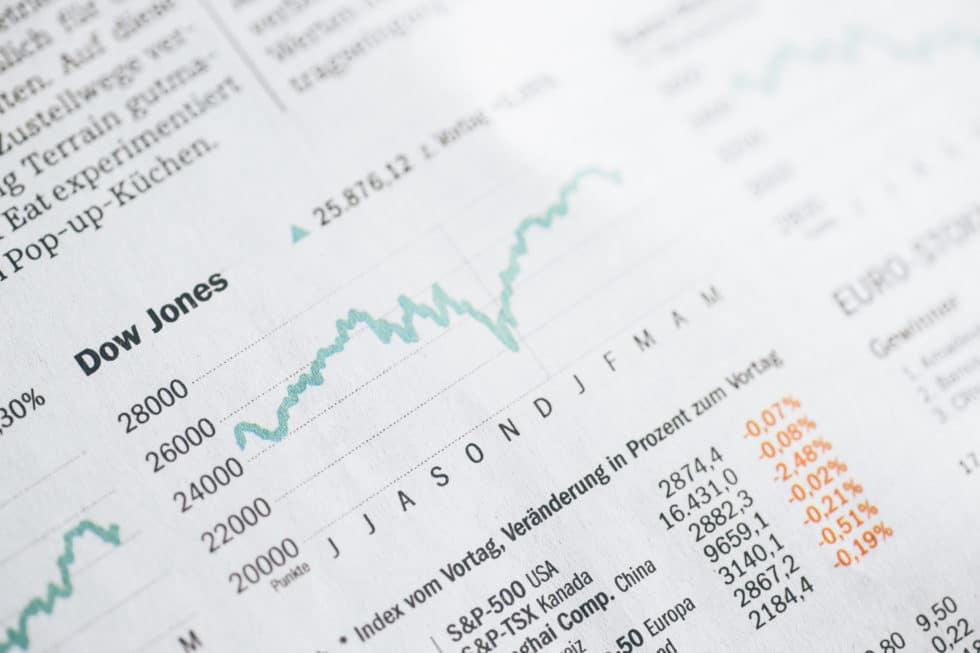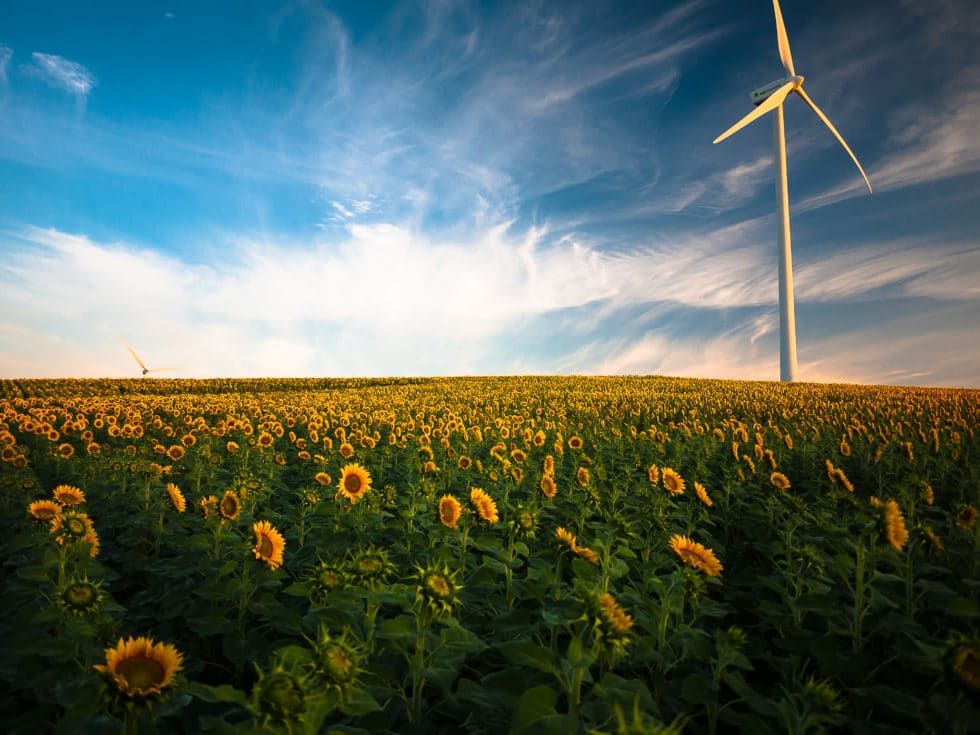Last week Deutsche Börse launched the Dax 50 ESG. It is intended to accelerate the transformation process towards a sustainable financial industry. Demand for sustainable investments is also increasing. Criticism comes from environmentalists.
Thanks to the activist Greta Thunberg, due to the problems of rising sea levels, a winter that was no longer a winter, the discussion about CO2 emissions and the phasing out of coal, no one will be able to escape the issue of sustainability and environmental protection in 2020. This has been discovered not only by young financial start-ups that are committed to a sustainable financial industry, but also by large corporations for whom sustainability has become an important factor in their business. This is a tough calculation, because in the future, companies will no longer base the value of a company solely on its balance sheets, but also on how well it performs from an environmental and climate perspective. The enlightened customer wants it that way!
Deutsche Börse has now also recognized the signs of the times and launched a new index on the stock market in the middle of last week: In future, only those companies that are committed to issues such as environmental and employee protection and good corporate governance will be included in the so-called Dax 50 ESG.

This means that investors can invest directly in companies that take environmental protection and social responsibility seriously.
The three letters “ESG” in the name stand for the English terms environmental, social and governance. And the number reveals that a total of 50 listed companies are represented.
Demand for sustainable investments has increased
The reason why the Deutsche Börse – later than its competitors, by the way – is now following suit: “The Demand for sustainable indices among investors has been growing for years. We have therefore decided to launch an ESG-DAX index, which meets the same high standards as its namesake,” said Stephan Flägel, Global Head of Indices & benchmarks at Qontigo, the index and analytics business of Deutsche Börse Group, and in this function the Dax and Euro Stoxx index families.
The index thus meets the criteria that institutional and private investors alike value today. The companies are reviewed on a quarterly basis. Anyone who violates the sustainability criteria of the index is fired. Companies that earn their money with weapons, tobacco, coal or nuclear power are also excluded from the outset. “This selection leads to a new Dax, a new benchmark for a sustainable economy, which the financial industry can use to support a transition to a global sustainable real economy,” says Flägel.
“Environmental DAX” not without criticism

Exclusion criteria are applied for the preparation of the Dax 50 ESG, which follow the principles of the UN Global Compact. This pact was concluded by the United Nations and companies to make globalisation more ecological and social.
“Climate and Environmental risks, social factors and aspects of corporate management are taken into account for the financial sector plays an essential role in risk assessment”, says also Kristina Jeromin, who is responsible for the topic of sustainability at Deutsche Börse is responsible.
Because with the Determination of the index members but also companies like Bayer, Lufthansa or Daimler – not necessarily known as the leading climate saver – were identified, environmentalists, including Lia Polotzek, criticised, financial expert of the Bund für Umwelt und Naturschutz Deutschland (German Environmental Deutsche Börse to the Handelsblatt as “window-dressing”.
At the same time, Flägel promptly announced an exchange-traded ETF on the Dax 50 ESG, on which the exchange will also earn money.

